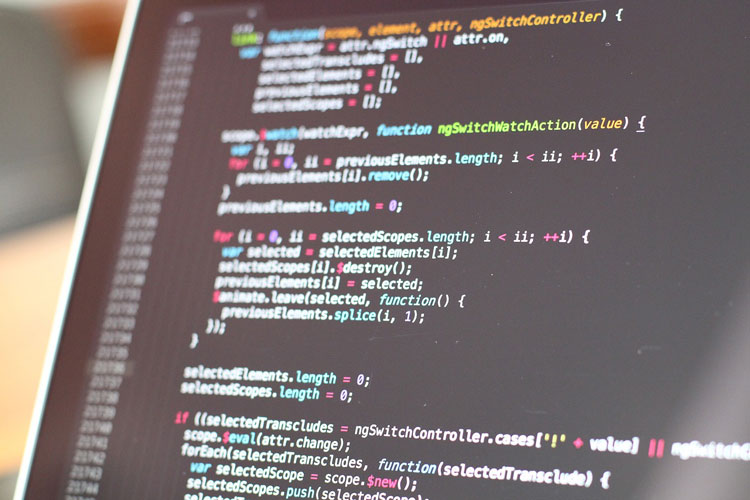Programming is the language of machines. If we want to communicate with computers and give them specific instructions to perform tasks, we need to learn how to code. For beginners, this can seem challenging, especially with no prior experience. A common question people have when starting to learn programming from scratch is where to begin and what the first steps should be. Like in any other field, understanding the core concepts is essential for moving in the right direction and eventually mastering any programming language.
Key programming concepts
Algorithms
An algorithm is a finite sequence of steps designed to solve a specific problem or task. In computer programming, algorithms are the backbone of all code, defining how a program should operate to achieve a goal, from simple tasks like adding two numbers to more complex ones, like sorting large sets of data.
Variables
Variables are containers that store data, which can be used and modified as the program runs. You can think of variables as labeled boxes that hold various types of information. Each variable has a name, a data type (such as integers, strings, etc.), and a value.
Data types
Data types determine what kind of information a variable can store and what operations can be performed on that data. The most common data types include:
— Integers (int): whole numbers, like 5, -23, or 42
— Floats (float): decimal numbers, like 3.14 or -0.001
— Strings (str): sequences of characters, such as “hello” or “python”
— Booleans (bool): logical values that can be “True” or “False”
Control structures
Control structures allow code to make decisions or repeat actions, adding dynamism to programs. These include conditionals, which let the program execute different blocks of code based on a condition, and loops, which repeat a block of code multiple times, with “for” and “while” being the most common types.
Functions
Finally, functions are reusable blocks of code designed to perform a specific task. Functions can receive parameters (input) and return a result. By using functions, code can be structured better, made more readable, and duplication is reduced—essential for writing efficient code, as we’ll see below.
The importance of writing good code
When you start learning to program, it’s essential to understand that programming involves more than just writing code—it also includes debugging and correcting errors. These errors, or “bugs,” can come from issues in code logic or syntax.
Syntax errors occur when the code doesn’t follow language rules. Runtime errors happen when something unexpected occurs during program execution. Logical errors are when a program runs but produces incorrect results due to faulty logic. To help programmers identify and correct these issues, there are debugging tools, like debuggers and error messages.
Additionally, the cleaner and more readable the code, the easier it will be for any programmer to detect or modify errors. Therefore, adopting good coding practices from the start is highly recommended:
— Add comments: explain complex parts of the code so others (or even yourself in the future) can understand it more easily.
— Use descriptive names: variables, functions, and classes should have names that clearly describe their purpose.
— Avoid code duplication: if the same code is repeated in multiple places, consider using functions or classes to reduce redundancy.
— Break down code into small parts: it’s better to have functions that perform small, specific tasks rather than a single large function doing everything.
— Keep consistent formatting throughout the code: this makes code easier to read and follow.
Learning to program from scratch
The fundamentals of programming are essential for anyone looking to build skills in this field. From learning to use variables and control structures to understanding algorithms and programming paradigms, these elements are key to creating efficient and functional programs. Mastering these principles puts us on the path to solving complex problems and building innovative solutions.
The best way to grasp these principles and build a solid foundation for learning new languages is to find a programming course with well-structured content and a logical learning order. In this regard, we encourage you to explore the Codelearn method and online platform, designed to help you learn to program from scratch in a guided way, with support from professionals.

